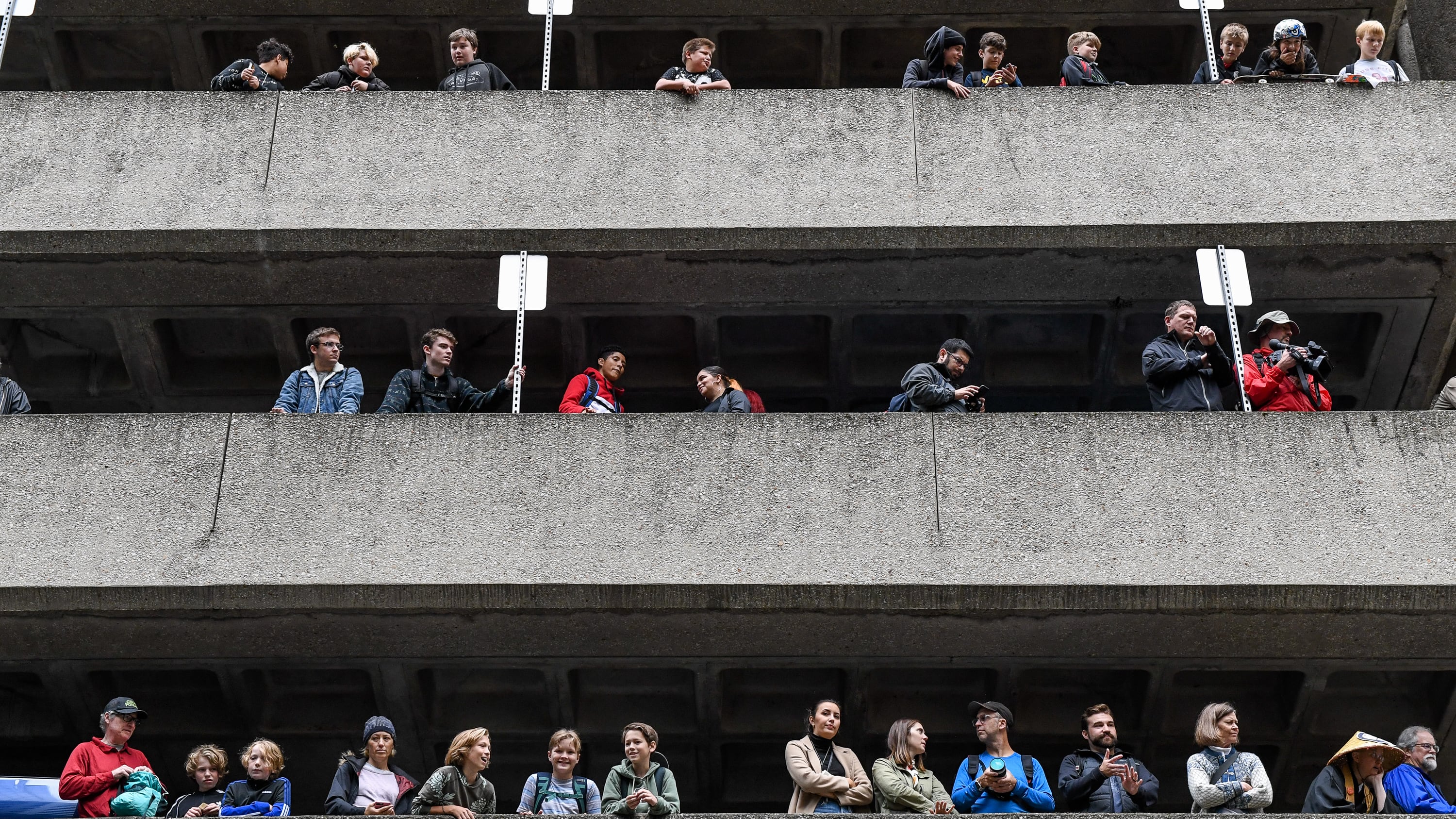Eight percent.
That's the increase in carbon emissions from transportation—planes, trains and automobiles—in Multnomah County since 1990.
Last week, the city of Portland released its latest round of data on carbon emissions in advance of a Sept. 20 climate strike led by students. Portland has reason to be proud of its history; the city set carbon targets before many of the protesters on the streets last week were born. City officials emphasized their long-term success: Between 1990 and 2017, overall carbon emissions from all sources declined 15 percent.
But there is no sugarcoating what's happened in the subset of transportation emissions over that same timespan: They rose 8 percent. "The city's climate report seems to be in denial about the causes and the seriousness of the rise in transportation emissions," economist Joe Cortright wrote on his City Observatory blog. "The report fails to mention that all of the increase in transportation emissions came after 2014—when gas prices fell by more than a third, prompting more driving."
Recently, the city's progress has slowed. In 2017, overall emissions climbed slightly.
City officials say there's been an increase in population, not in driving per person.

